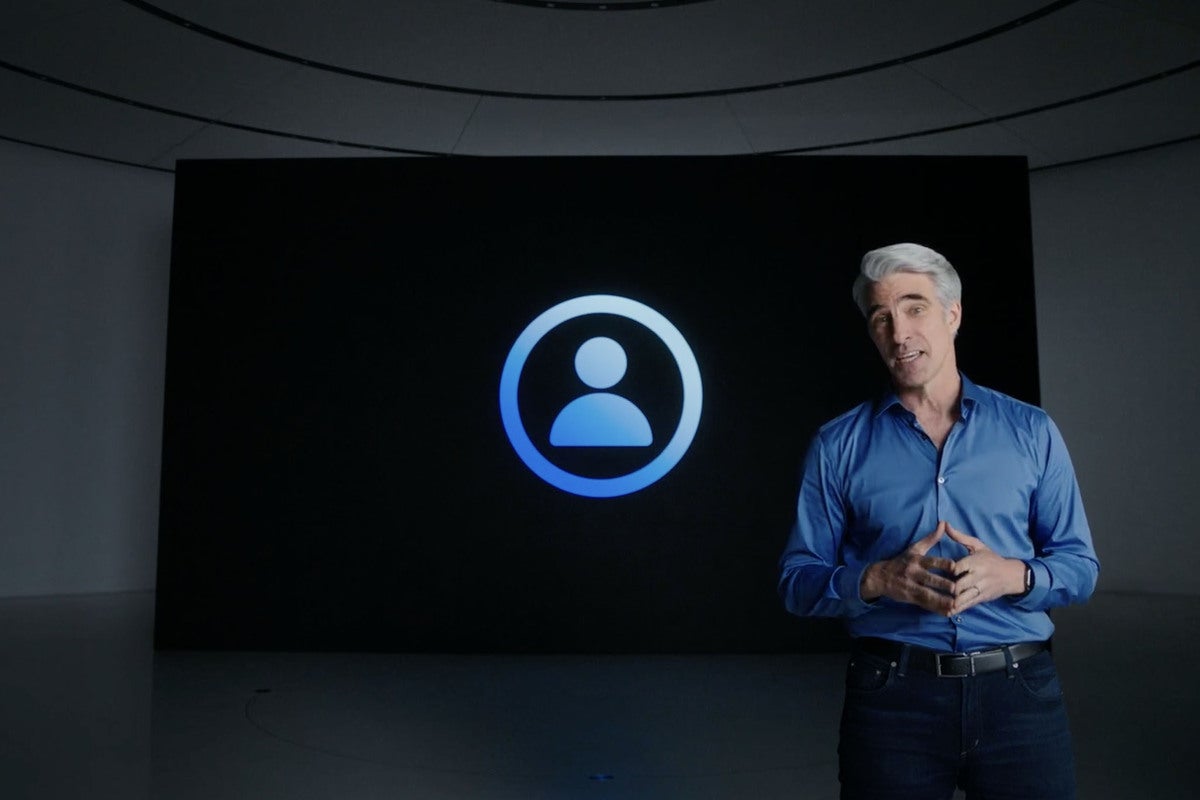
Apple is at warfare with machine fingerprinting — using fragments of distinctive device-specific data to trace customers on-line. This fall, it’ll put in place one more necessary limitation to stop unauthorized use of this type of tech.
Apple at WWDC 2023 introduced a brand new initiative designed to make apps that do observe customers extra apparent whereas giving customers further transparency into such use. Now it has advised builders slightly extra about how it will work in follow.
The most recent salvo in an extended marketing campaign
Eagle-eyed watchers will know this can be a continuation of a warfare in opposition to monitoring Apple launched when it restricted web site entry to Safari browser knowledge in 2018, after which once more with iOS 14.5 in 2021, when it required builders get customers’ categorical permission to trace them. This has been a profitable transfer and at current simply 4% of iPhone customers within the US allow apps to trace them this fashion.
That statistic alone ought to persuade any skeptics that Apple’s clients actually need safety of this sort.
Taking over the fingerprinters
The brand new transfer takes goal at one other set of instruments used to trace customers, so-called fingerprinting. Briefly, each machine shares sure distinctive data that can be utilized to determine it. Such data may be display decision, mannequin, even the variety of put in apps. That knowledge can be utilized to determine a tool and observe its journey between apps and web sites. After all, gadgets don’t transfer alone, so this identical knowledge may also be used to trace customers, and Apple completely rejects that.
Some APIs (Utility Programming Interfaces) Apple and third events present to builders to allow sure options of their apps additionally present data that may be abused for machine fingerprinting.
Because of this, at WWDC it advised builders that in future use of such APIs will probably be topic to overview and should even be shared with clients within the App Retailer privateness manifest for these apps. The concept right here is that builders should show a respectable want to make use of these APIs, whereas clients get data to assist them determine any apps able to spying on them.
Apple does concedes there are respectable makes use of
It’s value declaring that a few of these managed APIs could seem comparatively minor. Person Defaults, for instance, is used to use and carry consumer preferences for app colours or setting. Nevertheless, distinctive data of that sort is exactly what’s used to trace gadgets, so there appears little hurt in insisting builders overtly outline their use, and the place that knowledge goes. A method such knowledge can also be used is to switch settings between a developer’s personal apps, however Apple has clearly seen cases during which some such makes use of have been problematic.
Whereas there’s a amount of bloviation in response to Apple’s newest announcement, most builders concede the modifications are comparatively minor. Builders constructing apps for Apple’s platforms that depend on these APIs should disclose that use when updating or submitting their apps as of fall 2023. The explanations given should be permitted and the data given should be correct; this gained’t be an enormous downside for respected builders, notably those that already worth consumer privateness.
In the end the thought behind that is to offer a affirmation that the code is barely used for a respectable objective, so clients could make extra educated choices when putting in apps. The entire listing of those managed APIs is available on the company website.
Disclosure is coming
From spring 2024, the regime will get harder; at the moment, the rationale for utilizing one in every of these APIs should be included within the privateness manifest.
That’s to not say each app utilizing one in every of these items is a nasty app. Apple admits as a lot when it says it’ll settle for software program that makes use of these codes for a legitimate cause. It’s also not clear the extent to which these disclosures will probably be policed. Will Apple’s app overview groups take a deep have a look at any such apps earlier than approval? In the event that they do, may this delay publication of in any other case benign apps?
That’s potential, nevertheless it does imply that Apple is making it more and more troublesome for utility builders to masks privacy-eroding practices of their apps with out in some unspecified time in the future being compelled to falsify components of their privateness guarantees. If nothing else, it will make it far simpler for Apple to evict apps that fail to actually reveal their privateness practices.
Suppose completely different
It’s necessary additionally to not enable conversations about these issues to be side-tracked to the needs of advertisers and others who might really feel they’re making respectable use of monitoring and fingerprinting applied sciences. Given the challenges of on-line safety and more and more advanced phishing assaults in opposition to high-value targets, private knowledge privateness turns into important to guard enterprise and infrastructure. Instruments designed to trace folks on-line or in apps might be abused to create convincing assaults, and safety throughout all its platforms is now one in every of Apple’s main goals.
With this in thoughts, monitoring tech should inevitably get replaced by extra personal measures of intent.
Please comply with me on Mastodon, or be a part of me within the AppleHolic’s bar & grill and Apple Discussions teams on MeWe.



